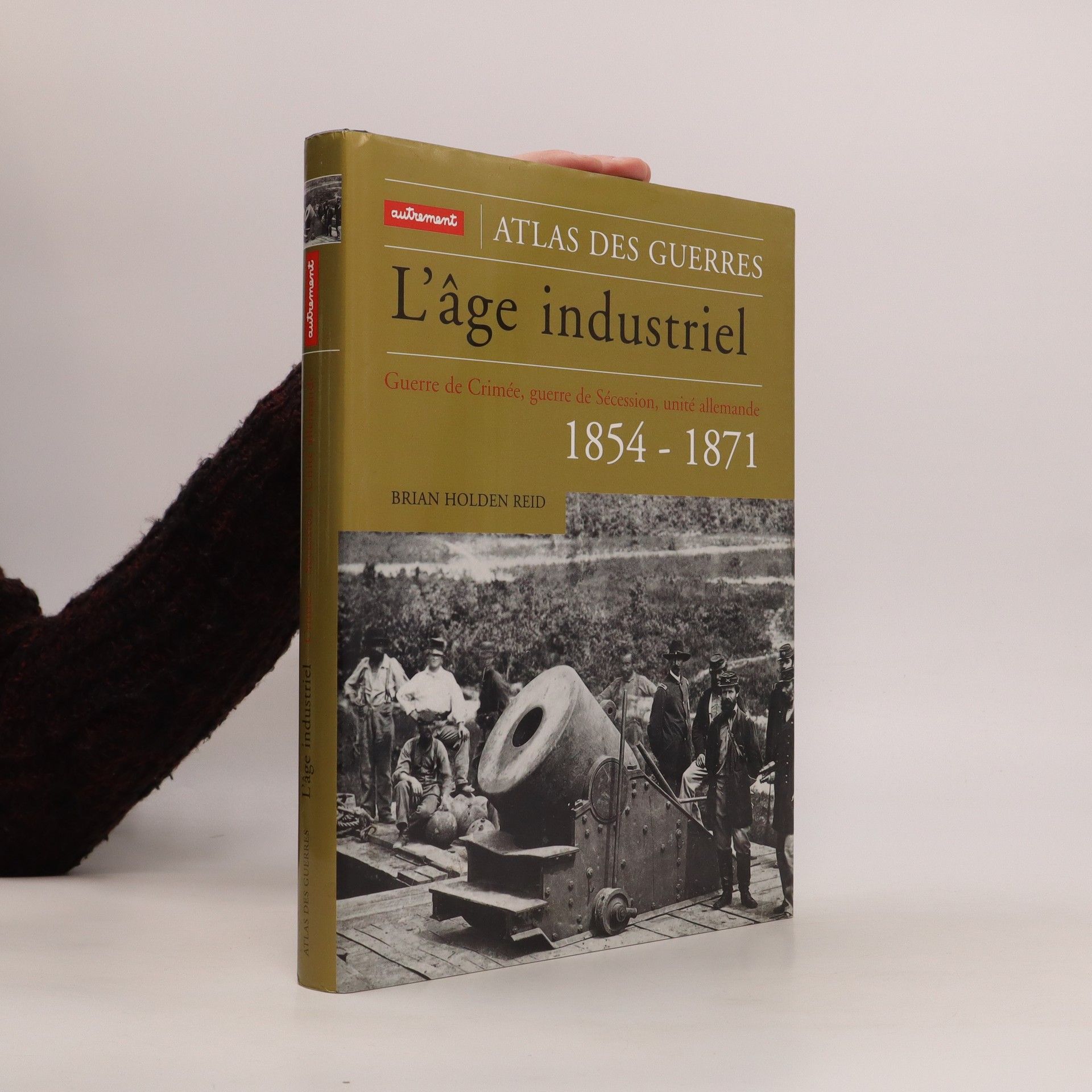The Scourge of War
- 640 pages
- 23 hours of reading
Brian Holden Reid offers a definitive biography of William Tecumseh Sherman, among the most important Union generals in the Civil War, best remembered for his March to the Sea campaign.
Brian Holden Reid is a distinguished historian specializing in American history and military institutions. His academic career is rooted in his professorship at King's College London, where he contributes to the Department of War Studies. Reid's work delves into the intricate dynamics of American military thought and practice. His position within the academic council further underscores his significant contributions to the field.




Brian Holden Reid offers a definitive biography of William Tecumseh Sherman, among the most important Union generals in the Civil War, best remembered for his March to the Sea campaign.
L'ouvrage de Brian Holden Reid se concentre sur trois conflits majeurs du troisième quart du XIXe siècle : la guerre de Crimée (1854-1856), la guerre de Sécession (1861-1864) et les guerres de l'unité allemande contre le Danemark (1864), l'Autriche (1866) et la France (1870-1871). Ce travail comble une lacune historiographique, car ces guerres, souvent négligées par les spécialistes de l'histoire militaire, sont peu abordées dans la recherche universitaire française, qui hésite à se pencher sur le XIXe siècle et les questions militaires. Ces conflits ne sont pas de simples intermèdes dans un siècle pacifique, mais se déroulent à un moment clé où la première révolution industrielle, centrée sur le charbon et la vapeur, exige une réponse militaire. Ils oscillent entre archaïsme et modernité, préfigurant les guerres du XXe siècle avec certaines caractéristiques des deux conflits mondiaux. Par exemple, le siège de Sébastopol peut être vu comme une esquisse du front occidental de la Première Guerre mondiale, avec ses tranchées et ses fortifications. La guerre de Sécession, bien qu'ayant eu un impact limité en Europe, représente un exemple abouti de la guerre moderne au sens industriel du terme. Ces trois conflits marquent une rupture significative avec l'ère des guerres napoléoniennes, où le progrès technique jouait un rôle marginal.
The book delves into the origins of the American Civil War, highlighting its significance as the bloodiest conflict of the nineteenth century. It explores the intertwining of ideology and self-interest, the destructiveness of weaponry, and the extensive mobilization of resources on both sides. Additionally, it emphasizes how the war's realities permeated American society, making it a precursor to modern warfare and establishing it as the first distinctly modern war. This comprehensive analysis is a significant addition to a renowned series.